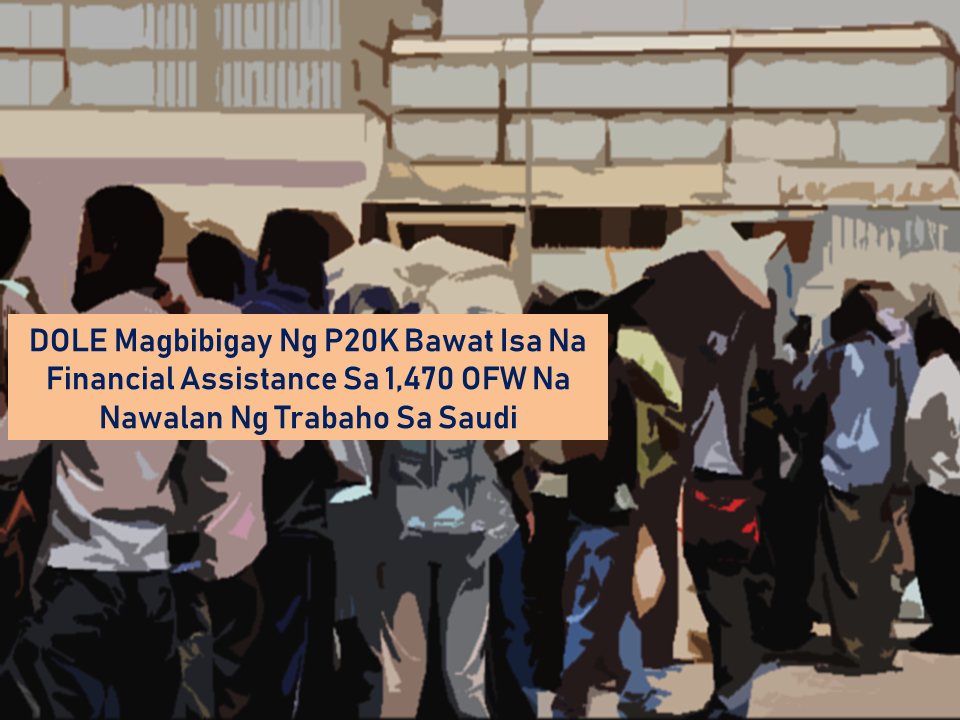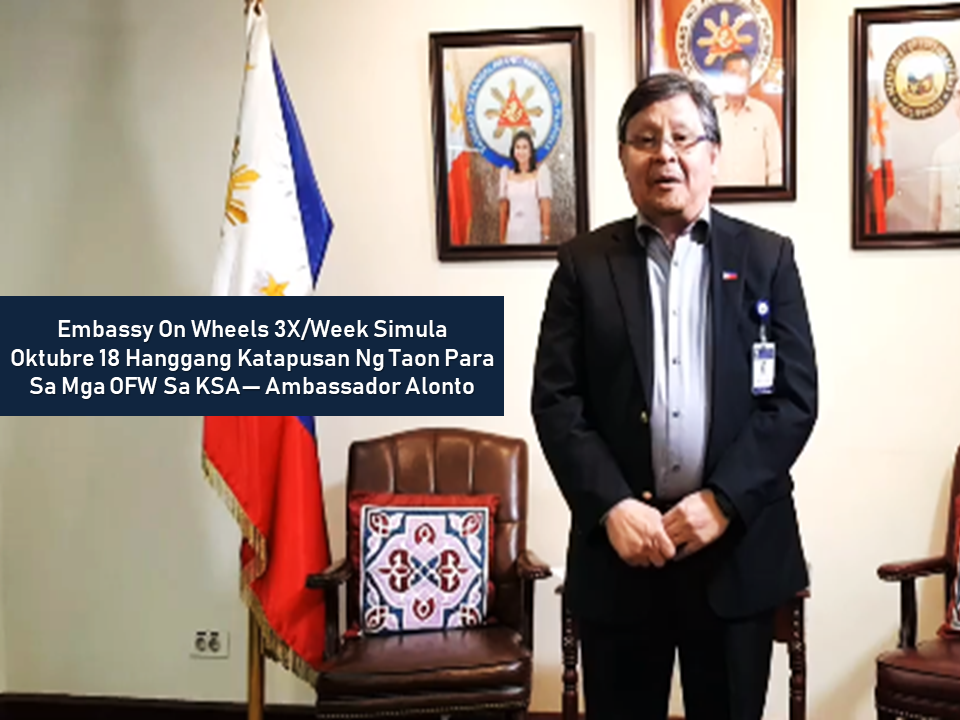Two container ships, a Liberian-owned vessel and a Panamanian-registered tanker were hijacked by suspected pirates as it traverses the Gulf of Guinea, the Philippine News Agency reported. The Department of Foreign Affairs confirmed the report that ten of its Filipino crews were abducted together with the other crews.
Ads
Sponsored Links
The Department of Foreign Affairs (DFA) reported that a total of 10 Filipinos working in two different vessels are "in the hands of suspected pirates" in the Gulf of Guinea.
According to Philippine Ambassador to Nigeria Shirley Ho-Vicario, two Filipino seafarers on board a Liberian-flagged container ship were among the 11 crew members kidnapped by pirates who boarded their ship on Saturday, while the other eight Filipinos along with nine other crew members are onboard a Panamanian-registered tanker which was hijacked by suspected pirates on October 29, both at the Gulf of Guinea.
As of this posting, the Philippine embassy in Nigeria is exerting efforts to locate the 10 seafarers and secure their safe release, the Ambassador said.
It was not clear though if the seafarers were taken by the same group of pirates who abducted seven Filipinos on board a Swiss-flagged vessel off Nigerian waters last month, who were released on October 28. they are now in Zurich, Switzerland waiting for repatriation anytime very soon.
Filed under the category of Liberian-flagged container ship, hijacked, pirates, Gulf of Guinea, Philippine News Agency, Department of Foreign Affairs , Filipino crews, abducted.
Ads
©2018 THOUGHTSKOTO















